Define Non-communicable Disease
Define non-communicable disease. Of the six WHO regions the European Region is the most affected by noncommunicable diseases and their growth is startling. Non-communicable disease A non-infectious disease which is of interest from a public health and public policy perspective. Typically it is caused by pathogens such as viruses bacteria.
A disease is a factor which affects health. NCDs may be chronic diseases of long duration and slow progression or they may result in more rapid death such as some types of sudden stroke. On the other hand non-communicable diseases are the diseases which are not.
It also lasts for a long period. It can be long lasting or recurrent substantially impairing a persons ability to. Diseases which do not spread from an infectious person to a healthy person are non-communicable disease.
Not communicable especially with reference to a disease that is not transmitted through contact with an infected or afflicted person. Many non-communicable diseases are caused by nutritional deficiency. Communicable diseases are those diseases which can be transferred from one individual to another.
Depression is a common mental disorder characterized by sadness loss of interest or pleasure feelings of guilt or low self-worth disturbed sleep or appetite feelings of tiredness and poor concentration. Chronic diseases and health promotion mental health and substance abuse nutrition tobacco violence and injury prevention. They are of long duration and generally slow progression.
Diseases Communicable Non Communicable Health is the state of physical mental and social well-being. The non-communicable diseases are also usually lasting medical conditions but are separated by their non-infectious causes. Definition WHO 2011 Noncommunicable diseases NCDs also known as chronic diseases are not passed from person to person.
A non-communicable disease usually caused by lifestyle or genetic abnormalities is not passed from one organism to another. For instance diseases such as AIDS malaria dengue etc.
A disease is a factor which affects health.
Chronic diseases and health promotion mental health and substance abuse nutrition tobacco violence and injury prevention. WHO web site on noncommunicable diseases NCDs. On the other hand non-communicable diseases are the diseases which are not. Diseases Communicable Non Communicable Health is the state of physical mental and social well-being. A disease is a factor which affects health. Typically it is caused by pathogens such as viruses bacteria. Of the six WHO regions the European Region is the most affected by noncommunicable diseases and their growth is startling. These diseases are also called non-infectious diseases eg diabetes arthritis heart disease and cancer. Communicable diseases are those diseases which can be transferred from one individual to another.
It can be long lasting or recurrent substantially impairing a persons ability to. A non-communicable disease usually caused by lifestyle or genetic abnormalities is not passed from one organism to another. Diseases which do not spread from an infectious person to a healthy person are non-communicable disease. These diseases are also called non-infectious diseases eg diabetes arthritis heart disease and cancer. Many non-communicable diseases are caused by nutritional deficiency. It also lasts for a long period. Depression is a common mental disorder characterized by sadness loss of interest or pleasure feelings of guilt or low self-worth disturbed sleep or appetite feelings of tiredness and poor concentration.


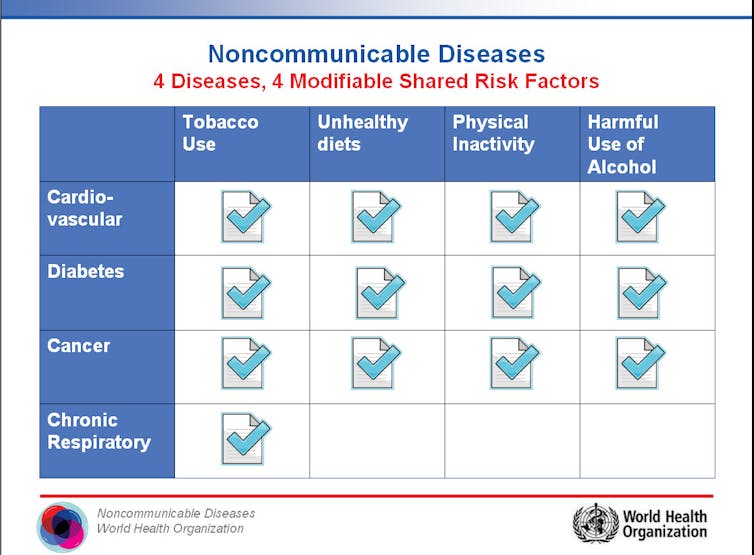

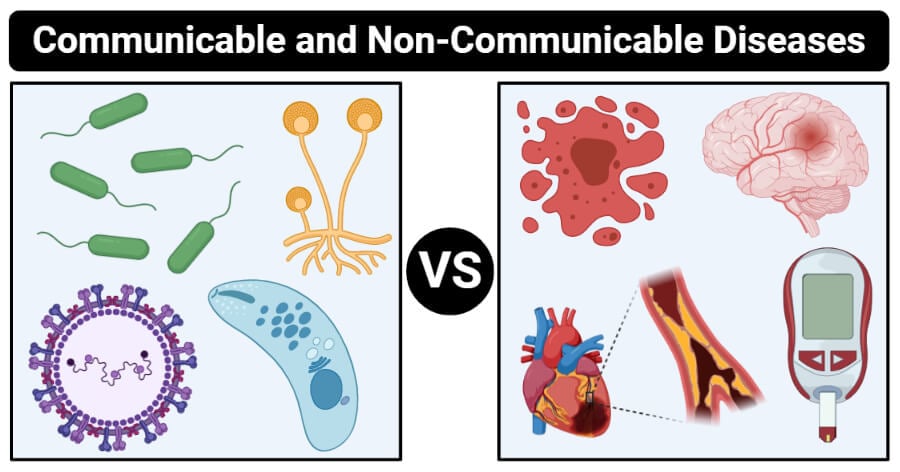











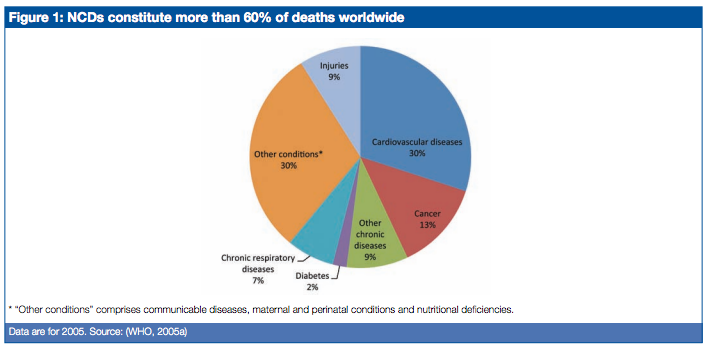




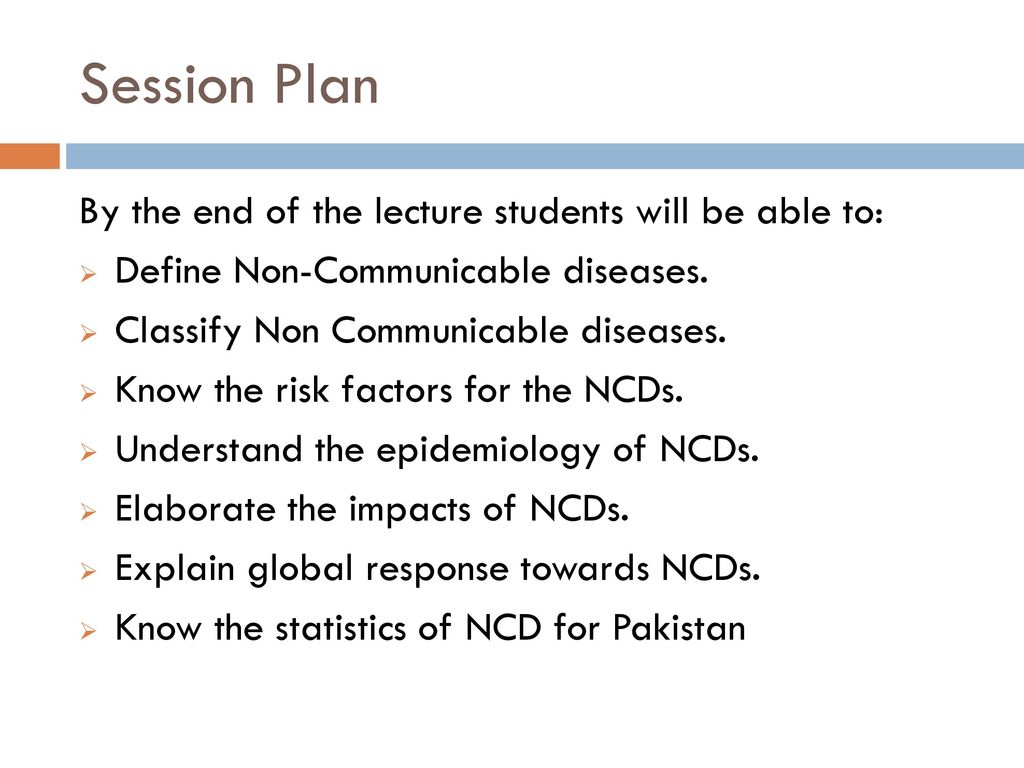





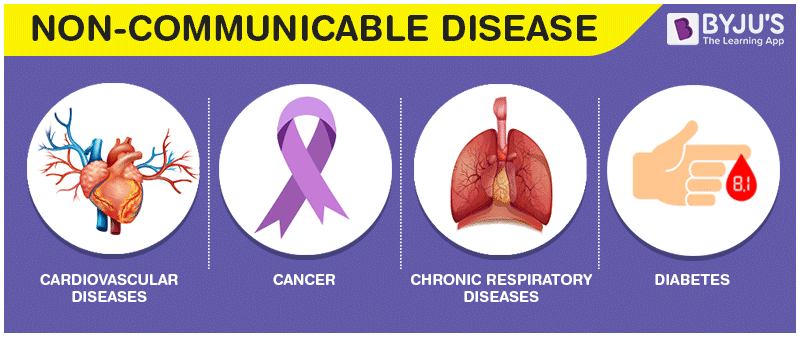




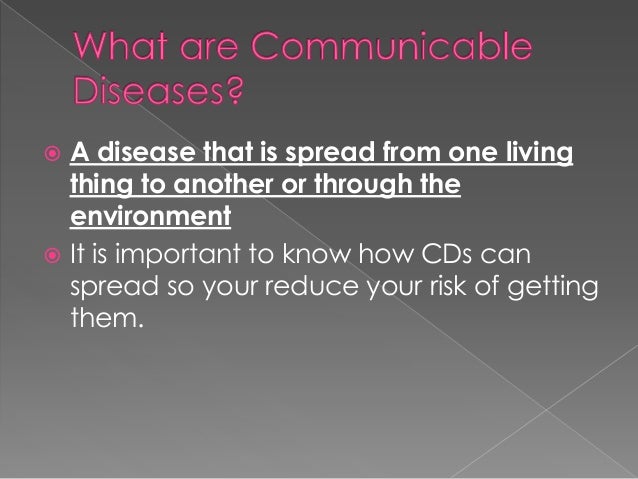






Post a Comment for "Define Non-communicable Disease"